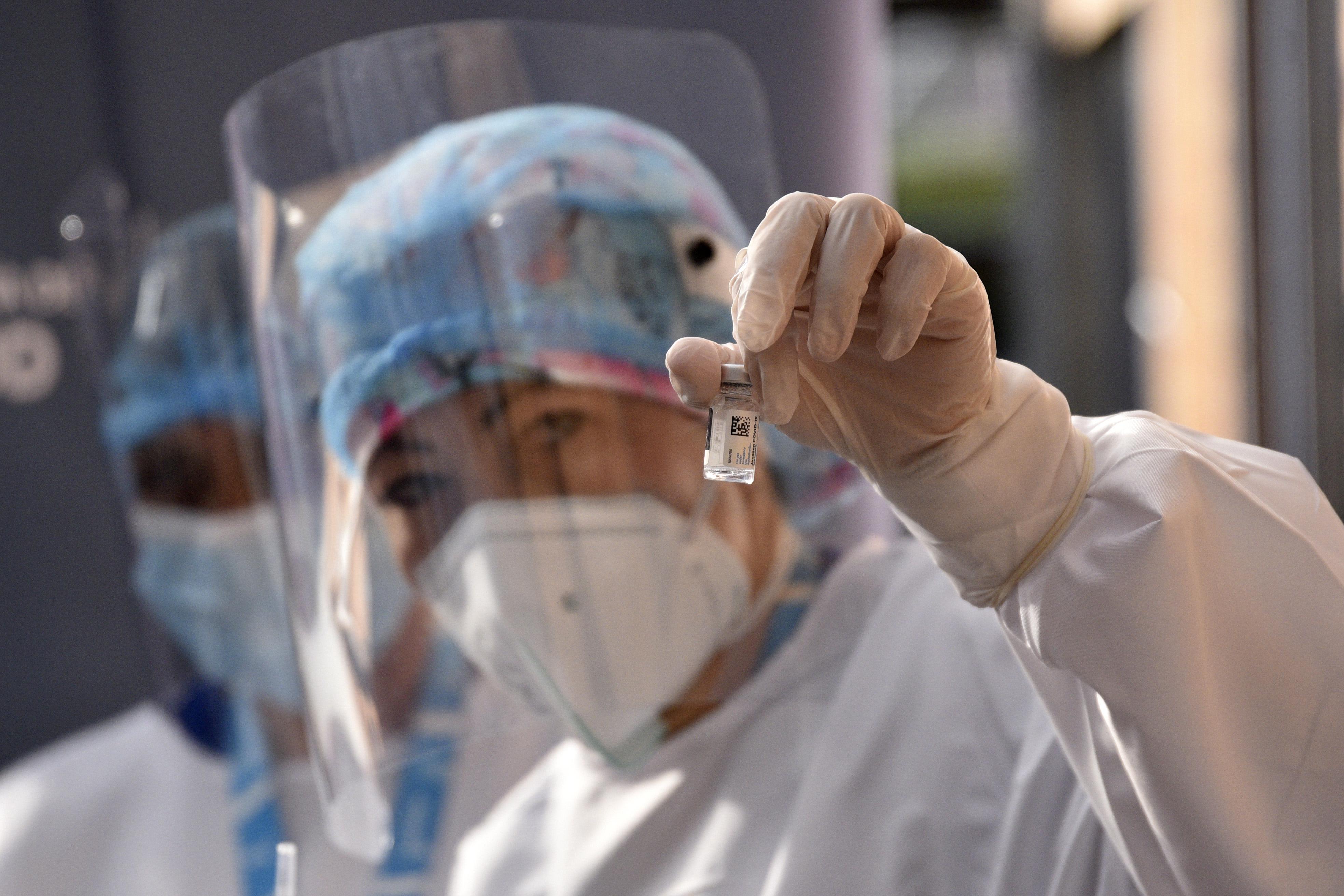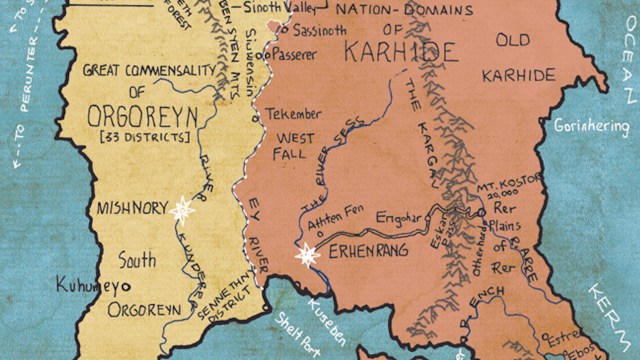Study: How to give up your cake and eat it too

Credit: Pixabay
- Researchers studied what people do when distributing items of unequal value.
- You may be more likely to get the item you want if you let the other person decide.
- Reciprocal generosity can let you "give up your cake and eat it too".
People may be nicer than you think. A new study says that people are generally willing to give up something they want to appear generous.
Let’s say you’ve been circling the mall’s parking lot and ended up next to a free space right by the elevator at the same time as another car with someone you know from the PTA. And you both have just as much of a claim to the spot. In the meantime, there’s a spot much farther away that opened up as well. What would you do? Chances are, says the new paper in the Journal of Personality and Social Psychology, if you offer the person in the other car to choose what they’d like to do, they will give up the better spot to you and think you’re generous.
Scientists Michael Kardas, Alex Shaw and Eugene Caruso at the University of Chicago conducted eight studies that showed the complexity of either/or scenarios, when a person has to choose between being worse off materially or having their reputation improve.
By utilizing a group of 300 online volunteers, the researchers looked at how frequently people abdicate decisions when faced with having to distribute items of unequal value – like a higher-end food product vs. something worse in quality – between themselves and a friend.
Almost 70% said they would abdicate the decision, giving the other person the choice in distributing the items. They would do so to seem more generous. In a real-life test of this study, an experiment conducted in a park that involved pairs of local people who knew each other, a similar ratio of 2/3s of the subjects decided to abdicate their decision. Interestingly, if they did that, more often then not, the other person gave up the more valuable item.
An additional online study of 310 people concluded that if people were informed that their friend abdicated the decision, leaving it up to them, they were much more likely to give up the higher-value object in question than to take it themselves.
Researchers see this fact supporting the idea that people view abdication of decision as an act of generosity, which would prompt a reciprocal generosity.
This abdication effect was observed among strangers as well but with a twist. If given the choice to decide what they or a stranger would get, participants were more likely to keep the higher-valued item for themselves. But if told that the stranger abdicated the decision to them, they were again more likely to give up the better option rather than keep it. A real-world test of this involved gift cards of varying amounts and showed the same results as the imaginary situations.
“In sum, abdication seems to be beneficial in more ways than one: abdicators are not only perceived to be generous, but they also tend to receive the larger slice of the pie,” wrote the researchers.
They also described their finding as “abdication provides a unique opportunity for people to give up their cake and eat it too.” It pays to be nice.





